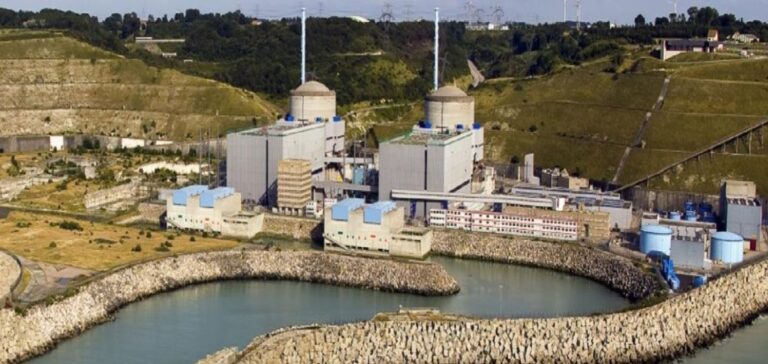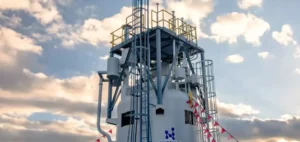On Thursday, March 9, 2023, the French nuclear safety authority (ASN) announced that EDF had detected a “non-negligible” defect in a weld on an emergency pipe in two reactors. Inspections have revealed the presence of thermal fatigue cracks on emergency pipes considered sensitive to stress corrosion in reactor 2 of the Penly nuclear power plant and reactor 3 of the Cattenom nuclear power plant. This discovery comes two days after the revelation of a crack of a size never seen before in the Penly 1 reactor.
The crack at Penly 2 is 57 mm long and represents less than 10% of the circumference, with a maximum depth of 12 mm. As for the crack at Cattenom 3, it is 165 mm long (about a quarter of the circumference) with a maximum depth of 4 mm. These defects could potentially disrupt the maintenance schedule of French power plants.
A revised control strategy is being prepared
The phenomenon of “stress corrosion” has been identified since October 2021 on several sites, but generated smaller cracks and on other areas of these pipes. EDF must submit a revised control strategy to the ASN in the next few days. In total, the electric utility will have to check 200 welds in its entire fleet, according to the ASN. This could potentially cause extended reactor outages and raise uncertainties about nuclear production in 2023.
The phenomenon of thermal fatigue
The other crack mentioned by the ASN is not related to stress corrosion, but to thermal fatigue. This phenomenon appears on stainless steels when a part is subjected to temperature variations. Although this phenomenon is “well known and has been monitored for a long time under historical preventive maintenance programs” according to EDF, it was not expected in the area of the pipe where it was discovered, according to ASN.
EDF will have to adapt its maintenance program to include thermal fatigue checks on larger areas. Julien Collet, deputy director general of the ASN, said that this did not change the program of checks in the short term, but that EDF should adjust its maintenance program to include checks on thermal fatigue over larger areas.
In conclusion, the discovery of non-negligible defects in emergency piping in two reactors could have an impact on nuclear production in France in 2023. The necessary verifications could potentially lead to extended shutdowns of the reactors.






















